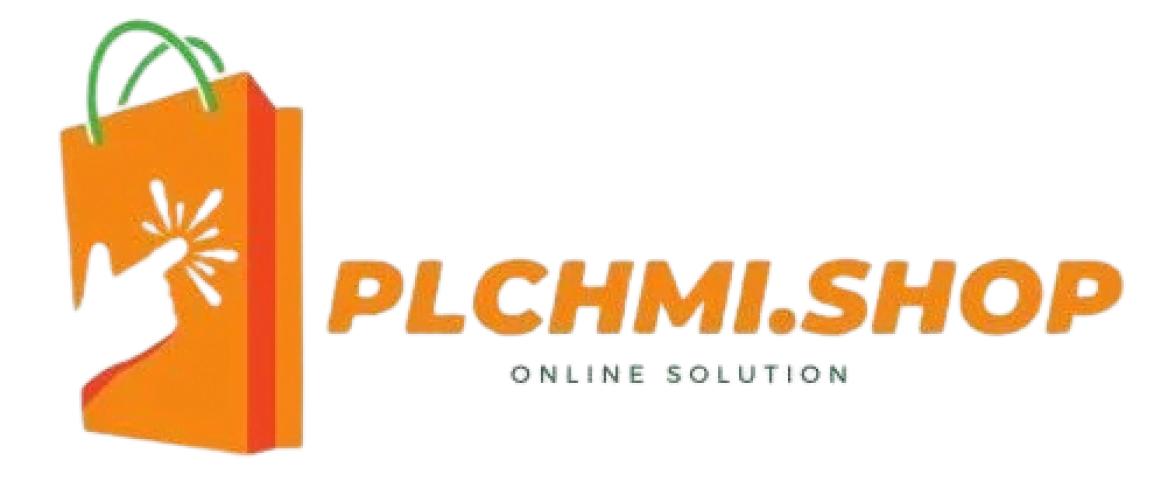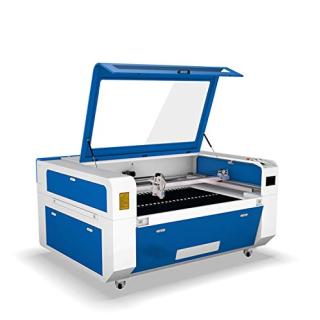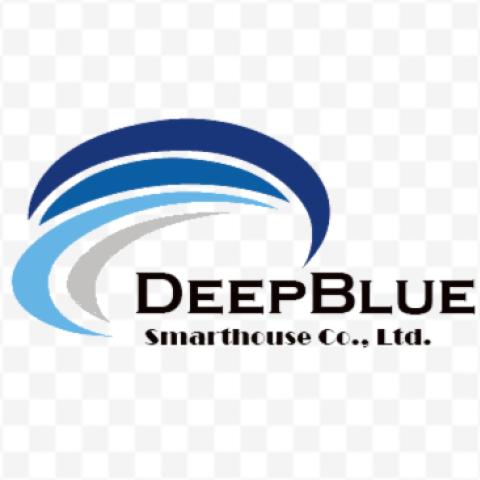In the fast-paced world of modern manufacturing, the need for precision, speed, and durability in product marking has never been greater. Laser marking machines have emerged as a game-changer in this arena, offering unparalleled advantages over traditional marking methods. This blog explores the transformative impact of laser marking technology on various industries, the different types of laser marking machines, and the future trends shaping this dynamic field.
The Rise of Laser Marking Technology
Laser marking uses concentrated beams of light to engrave, etch, or mark a wide range of materials, including metals, plastics, ceramics, and glass. Unlike conventional methods such as inkjet printing or mechanical engraving, laser marking is a non-contact process. This means there is no physical wear and tear on the machine or the material being marked, resulting in higher precision and longevity.
Key Advantages of Laser Marking Machines
1. Precision and Quality:
Laser marking machines provide exceptional accuracy, producing high-resolution marks that are consistent and legible. This precision is crucial for industries like aerospace, automotive, and electronics, where even minor errors can lead to significant issues.
2. Speed and Efficiency:
With the capability to operate at high speeds, laser marking machines can handle large production volumes without compromising on quality. This efficiency reduces downtime and increases overall productivity.
3. Durability and Longevity:
Marks created by laser machines are highly durable and resistant to environmental factors such as heat, abrasion, and chemicals. This makes them ideal for applications requiring permanent identification, such as serial numbers and barcodes.
4. Versatility:
Laser marking machines can work with a wide variety of materials and perform different types of marking, including engraving, etching, annealing, and foaming. This versatility allows manufacturers to use a single machine for multiple applications.
5. Eco-Friendly:
Unlike traditional methods that use inks, chemicals, or physical tools, laser marking is a clean process with minimal environmental impact. It produces no waste or hazardous by-products, aligning with sustainable manufacturing practices.
Types of Laser Marking Machines
1. Fiber Laser Marking Machines:
These are the most commonly used machines, known for their high power and efficiency. They are suitable for marking metals, plastics, and ceramics, making them a popular choice in automotive and aerospace industries.
2. CO2 Laser Marking Machines:
CO2 lasers are ideal for non-metal materials such as wood, glass, paper, and textiles. They are widely used in packaging, textiles, and creative industries for engraving and cutting applications.
3. UV Laser Marking Machines:
UV lasers offer high precision and minimal heat impact, making them perfect for marking sensitive materials like glass, plastics, and silicon. They are commonly used in the electronics and medical device industries.
4. Green Laser Marking Machines:
Green lasers operate at a wavelength that is absorbed efficiently by a wide range of materials, including metals and plastics. They are particularly useful for marking reflective surfaces and creating high-contrast marks.
Future Trends in Laser Marking Technology
1. Integration with IoT and Industry 4.0:
As industries move towards smart manufacturing, integrating laser marking machines with IoT and Industry 4.0 technologies will enable real-time monitoring, data analysis, and automation, further enhancing productivity and efficiency.
2. Advancements in Laser Sources:
Continuous research and development are leading to more powerful and efficient laser sources, expanding the capabilities of laser marking machines and enabling new applications.
3. Customization and Personalization:
With the growing demand for customized products, laser marking machines are being used to create personalized markings on consumer goods, from jewelry to electronics, adding value and enhancing customer satisfaction.
4. Sustainability:
As environmental concerns continue to rise, the focus on sustainable manufacturing processes will drive the adoption of eco-friendly laser marking solutions, reducing the industry’s carbon footprint.
Conclusion
Laser marking machines are revolutionizing the way industries mark and identify products. Their unmatched precision, efficiency, and versatility make them indispensable tools in modern manufacturing. As technology continues to advance, laser marking will play an increasingly critical role in driving innovation, enhancing productivity, and promoting sustainability across various sectors. Embracing this technology not only improves operational efficiency but also sets the stage for future advancements in industrial marking solutions.







